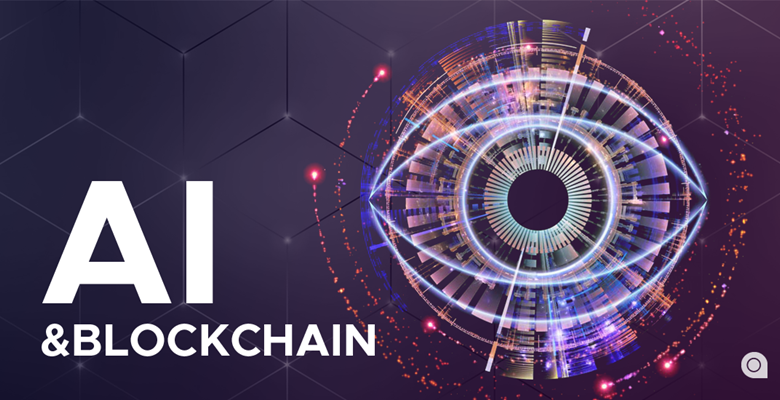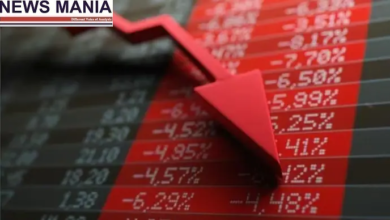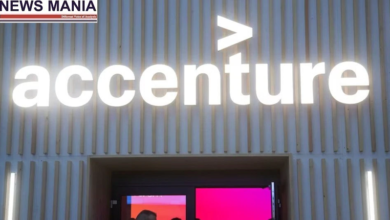AI in blockchain

News Mania / Piyal Chatterjee / 18th October 2024
Blockchain has the potential to be a powerful force as the basis for transparent and equitable decentralized AI systems, guaranteeing that everyone has access to both the technology and the benefits it offers.By resolving centralization issues raised by the increasing dominance of firms like OpenAI, Google, and Anthropic, blockchain holds great promise for democratizing access to AI. Blockchain-based decentralized AI systems have the potential to democratize access to vital AI resources, such as data, processing capacity, and massive language models. They are also desperately needed, as the industry’s entry hurdle rises due to AI models’ growing demand for data and processing capacity.
The idea of a decentralized AI ecosystem has many positive aspects, but it won’t become a reality unless some of the major obstacles pertaining to blockchain data access, management, and analysis are resolved. Blockchain has the potential to be a vital tool for AI that allows for safe, open, and verifiable data management that anybody can use. However, blockchains have certain architectural issues. They are essentially a sluggish, sequentially recorded single-table database that is neither flexible nor quick enough to handle the massive amounts of data needed by AI systems.
Another challenge is that blockchains don’t integrate easily with other data environments nor other blockchains. Because of this, most enterprises that use blockchains are forced to deploy an array of point solutions to extract data from the ledger, transform it into a relational format, bring it into a traditional database, and move it into a data warehouse for analysis. Meanwhile, to bring external data onto any blockchain, it’s necessary to use complex and risky data oracles. All of these tools introduce centralisation and security risks into the equation.
Numerous innovative AI/blockchain applications are made possible by contemporary blockchain data infrastructures. Security is among the most promising. By tracking transactions and network activity, artificial intelligence (AI) can improve blockchain security by identifying irregularities instantly and thwarting any questionable activity. AI has the potential to improve smart contracts’ functionality and intelligence. AI algorithms can anticipate issues when contract conditions are carried out by employing analytics. Smart contracts may be able to comprehend legal contracts thanks to AI-powered natural language processing technologies. Additionally, smart contract creation can be automated with generative AI technology, doing away with the need to learn a specialized programming language like Solidity.
AI may also be used to analyze the origin and condition of RWAs, like as equities and fine art, in the tokenized real-world asset realm. AI can determine the fair market value of tokens more precisely by comparing the analysis with market trends. AI can also be used to continuously update the values of real-time data fees. The process of turning RWAs into digital tokens can also be automated with its help. Lastly, by keeping an eye on market trends and industry news, AI can be used to forecast future price movements of digital assets. The study will help traders make better decisions, hedge their investment portfolios, and try to profit from market volatility.
The AI industry is growing at an unprecedented pace, and the need for decentralisation is becoming more important to ensure the industry remains open and competitive. Blockchain will provide the foundation for cutting-edge, decentralised AI models, leading to the creation of AI tools that cater to the needs of the majority, ones that focus on simplicity, privacy and ease-of-use.






